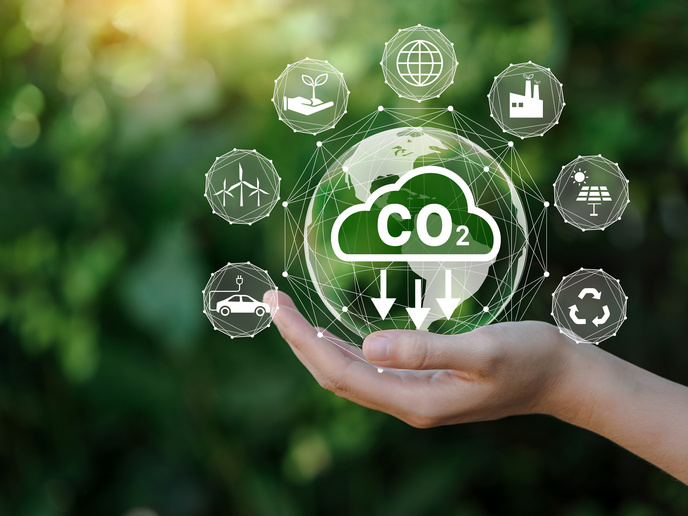New algal species for biofuel production
Development of clean energy sources is vital to slow the use of fossil fuels for energy production. Microalgae produce triglycerides that are important biofuel precursors, much faster than other plants, and are not used as a food or feed crop. Furthermore, they grow very quickly and can thrive in a range of wastewater and other non-freshwater sources. The EU-funded project 'Biodiesel production from microalgae' (ALGFUEL) investigated new species and processes for the production of next-generation biofuels. The project aimed to identify promising new candidates for biofuel production, and to improve the understanding of microalgal triglyceride production at pilot scale. Another aspect of the project involved the development of mathematical and economic models to study the viability of microalgal-produced biodiesel. ALGFUEL measured the growth and lipid composition of several species, and identified Nitzschia lembiformis as a promising new strain. Studies of common lab-grown microalgae also provided new data on the conditions that favour high growth rates and higher triglyceride production. This project has thus contributed to the knowledge and skillssets in the field of microalgal biofuel production. Researchers have confirmed that microalgae are a potentially useful source of biofuel, and this information can now be used to investigate production on a pilot and industrial scale.







